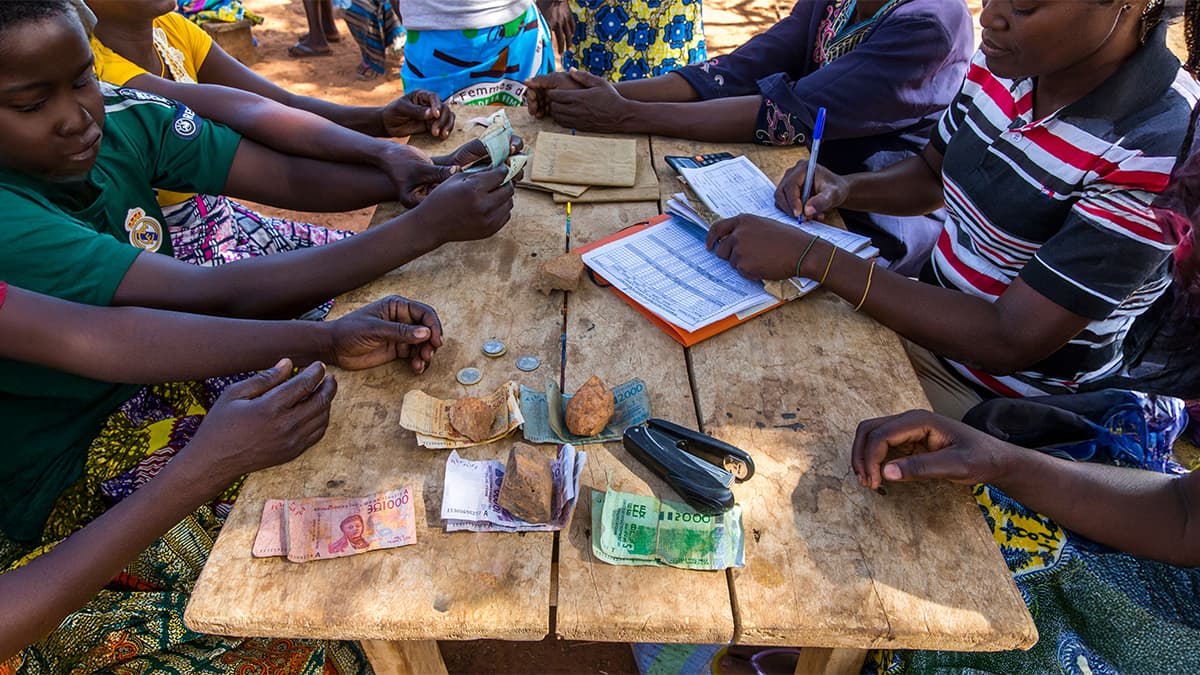The global timber industry, worth $625.99 billion in 2022 and projected to reach $844.3 billion by 2027, is a sprawling web of economic activity. Yet, up to 30% of timber imports to countries like Australia might be illegal, reflecting a broader global issue- illegal logging costs developing nations billions in lost revenue while fueling crime, corruption, and environmental degradation. This isn’t just an economic problem; it’s a festering environmental crisis. With illegal logging driving deforestation, endangering biodiversity, and accelerating climate change, the stakes are too high for inertia. According to INTERPOL, illegal timber trade is estimated at USD 51-152 billion annually, and has become the world's most profitable trans-border environmental crime.
Illegal timber not only looks the same as legal wood but often sneaks into legal supply chains, impacting the global market and harming ecosystems. That’s where traceability systems come in—these technologies allow countries to track every step of timber's journey, from the forest floor to the final product, ensuring that only legally sourced, sustainably harvested timber makes it to the shelves.
.jpg)
Timber Tracking: From Forest to Finished Product
In an ideal world, timber traceability systems function like a meticulously curated library catalog—every log is tagged, tracked, and verified. This process begins with giving each tree designated for felling a unique identifier, often involving painted numbers, barcodes, microchips, or even DNA tagging. From there, the journey is tracked through every stage, from forest to processing plants, storage, transportation, and even final retail.
How countries are tackling illegal logging
.jpg)
Efforts to build timber-traceability systems are becoming increasingly sophisticated. For instance, in Brazil, researchers are using chemical analysis to identify a wood’s origin by matching it with soil profiles. This “chemical fingerprinting” offers a high-tech way to pinpoint timber sources with remarkable accuracy, while stable isotope analysis can trace a sample's origin within a radius of up to 100 kilometers. These advancements could prove essential in a country where public documents can be falsified, making traditional methods unreliable.
Brazil isn’t alone in these efforts. In Peru, a national timber traceability system tracks timber from forest to industry, reducing the risk of illegal wood entering the market. The European Union, through its Voluntary Partnership Agreements (VPAs) with 15 timber-producing countries, is fostering a culture of accountability by requiring proof of legal origin for imported wood. These trade agreements promote not only legality but also sustainability, helping countries develop robust traceability systems that comply with international standards.
Major economies like the EU, US, Australia, and Japan have introduced legislation to combat illegal timber trade. Despite all the good intent, the current system is like a leaky bucket—there are many holes to plug.
The Challenges of Implementing Traceability
.jpg)
Building a comprehensive traceability system is no small feat. Timber supply chains are complex and fragmented, often involving multiple agencies with varying degrees of oversight. Implementing traceability systems can demand extensive operational changes and substantial financial investments from the private sector, which may resist these changes due to cost or logistical burdens.
Moreover, implementing these systems in countries with weak governance can be particularly challenging. Corruption, a common issue in regions with illegal logging, can erode the effectiveness of traceability efforts. Therefore, strong political support, stringent regulatory frameworks, and international cooperation are essential for success. Countries need to collaborate to ensure that the regulations in one region align with others, closing off loopholes that illegal loggers could exploit.
How CSM Tech took on traceability challenge in Gabon
.jpg)
CSM Tech has made a bold move in the African market by signing a contract with Gabon's Ministry of Economy and Recovery to introduce a transformative timber traceability and electronic trading platform. This cutting-edge solution is set to revamp Gabon's timber industry through digital transformation, ensuring sustainable forest management and transparency across all operations.
This digital platform will offer an end-to-end view of forest operations, tracking every administrative and technical process. It not only promotes transparency but also fights illegal timber harvesting, helping reduce greenhouse gas emissions by ensuring sustainable practices. Uniquely, the platform includes predictive capabilities, forecasting timber origin and availability for the next 20 years. Think of it as a GPS for Gabon's forests—tracking timber production, transportation, and potential regulatory conflicts with an all-encompassing map of environmental standards.
Illegal timber trade has long fueled environmental degradation, threatening biodiversity, habitats, and contributing to rising greenhouse gas emissions. In a country where forests are crucial to the economy—second only to oil and manganese in export value—this platform will play a vital role. Gabon's government and the SEZ (Special Economic Zone) are keen to secure the legal flow of timber, protect resources, and maintain rigorous traceability.
With robust capabilities to validate logging activities in even the remotest areas, CSM Tech’s platform serves all stakeholders in the timber supply chain—from government and concessionaires to contract loggers, graders, and logistics providers. The marketplace solution offers significant benefits:
- Closing revenue gaps
- Streamlining inefficient operations
- Setting new standards in log grading and inventory
- Creating revenue opportunities through a range of monetization options and ecosystem integration
Once fully implemented, this traceability system will be able to track individual logs or batches from legal harvest sites all the way through the supply chain to both domestic and international markets. This innovation not only improves quality control and operational efficiency but also enhances Gabon’s market competitiveness, giving it a clear advantage in regulated markets that prioritize responsibly sourced timber.
Log in for a sustainable future
Improved traceability isn't just an environmental imperative—it's an economic necessity. With improved traceability systems, international cooperation, and unwavering commitment to enforcement, we can turn the tide. The technology exists; what we need now is the political will and resources to implement it effectively. The cost of inaction—to our forests, communities, and economies—is simply too high to ignore.


























































We will verify and publish your comment soon.